Memes matter: The language of IndiaÔÇÖs┬á22%┬ávoters
Summary - The 2024 General Elections in India saw unprecedented youth engagement, with memes playing a crucial role in keeping young voters informed and interested. Political parties, especially the BJP, used meme marketing extensively, significantly increasing digital spending and leveraging WhatsApp groups. The Election Commission also utilized memes to engage young voters. Despite concerns over ethical usage, memes effectively shaped public opinion and voter behavior. Instagram's new algorithm prioritizing original content challenges meme creators to innovate, highlighting memes' growing influence in political discourse.

The 2024 General Elections in India witnessed unprecedented engagement from young voters, especially those in the 18-29 age group, who utilized memes to interpret and analyze the electoral drama. Traditionally seen as less interested in politics, this demographic showed significant involvement, partly due to the intense competition between political parties. Memes played a pivotal role in this engagement, sparking discussions and keeping the younger audience informed and entertained.
Political Parties Embrace Meme Marketing
To tap into the meme culture, the Bharatiya Janata Party (BJP) hired numerous meme marketing agencies, including Acquaint Consultants. This election cycle saw a substantial increase in digital strategies, with official political spending on Google rising dramatically from Rs 1.177 crore in 2019 to Rs 130 crore in 2024. Political parties also extensively used WhatsApp groups, with the BJP reportedly managing around 50 lakh such groups, according to a report by Deccan Herald.
Election Commission's Digital Engagement
The Election Commission of India also leveraged memes to engage younger voters. Memes became a tool for political messaging, shaping public opinion, and mobilizing support. A. Aziz Khan, co-founder and CRO of RVCJ Digital Media, highlighted that memes are effective due to their humor and relatability, making them highly shareable. However, he also noted the lack of guidelines or ethics in meme dissemination, which can lead to unregulated content.
Ethical Considerations in Meme Usage
Deepan Ramachandran, founder of Mind Your Language!, emphasized the need for ethical considerations in meme usage. He pointed out that while traditional political communication is accountable, memes often escape such scrutiny. This lack of accountability can lead to the spread of unregulated and potentially harmful content. Ramachandran also noted that memes are popular across different age groups, with significant cross-pollination, especially through platforms like WhatsApp.
Memes Influence Voter Behavior
Memes can influence voter behavior, especially among the politically unsavvy younger generation. Ramachandran observed that repeated exposure to meme-driven portrayals of candidates can psychologically shape perceptions, making memes an effective tool for political parties. Of the 970 million Indian voters, 21-22% are aged 18-29, a group that understands and engages with meme culture. Political parties, therefore, find memes a valuable communication tool for this demographic.
The Viral Nature of Memes
One key advantage of memes over traditional campaigns is their shareability and viral potential. Memes can complement traditional campaign methods, creating a more extensive reach and engagement. With the rising popularity of memes, platforms like Meta’s Instagram have updated their recommendation algorithms for reels to prioritize original content over reposted material. This change can impact meme pages that primarily rely on reposted content, pushing them to create more original memes.
Impacts of Algorithm Changes
Khan noted that Instagram’s new algorithm will affect meme pages by reducing engagement for those heavily dependent on reposts. However, it also presents an opportunity for pages focused on original content to thrive. Meme pages will need to adapt their strategies to prioritize originality and add unique value beyond reposting existing content. Ramachandran echoed this sentiment, stating that meme creators will now be less inclined to reuse content, fostering more creativity and innovation in meme production.
Conclusion
The 2024 General Elections in India highlighted the growing importance of memes in political engagement, particularly among young voters. Memes have proven to be an effective tool for political messaging, capable of shaping perceptions and influencing voter behavior. As digital strategies evolve and platforms prioritize original content, meme creators will need to adapt to continue engaging their audience effectively. The rise of meme culture in political discourse signifies a shift in how political communication is conducted, emphasizing the need for both innovation and ethical considerations.












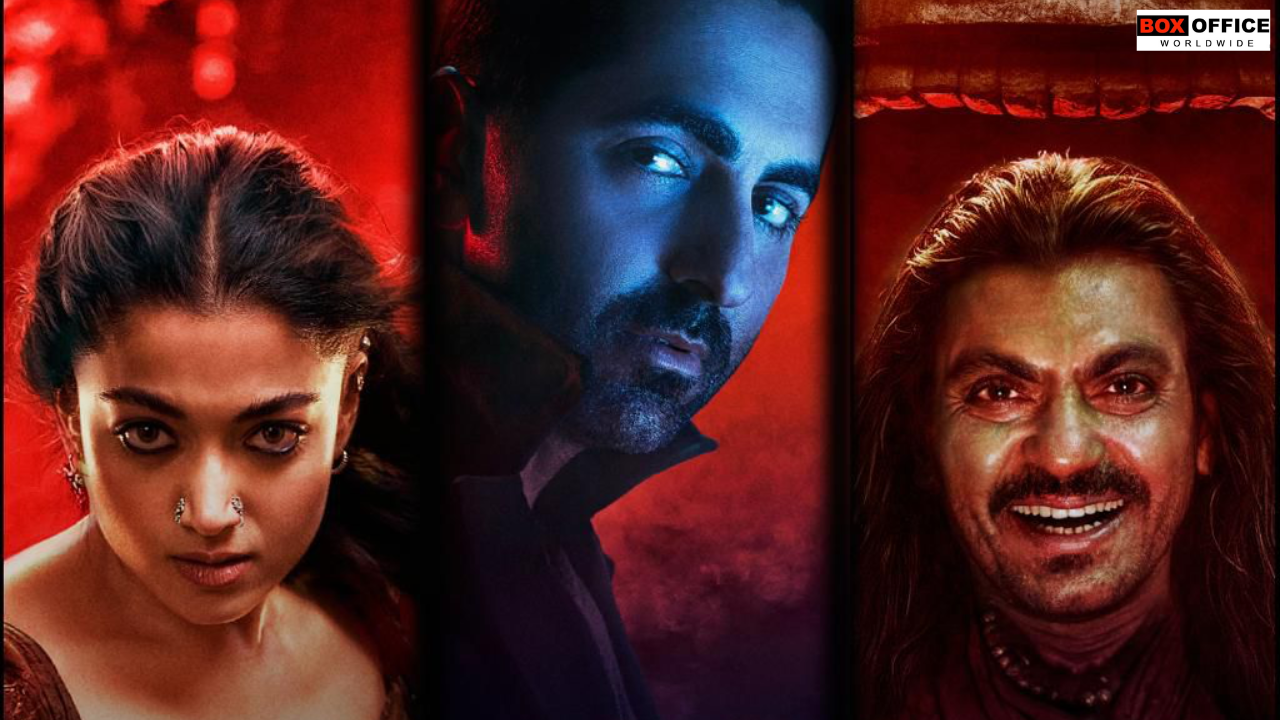



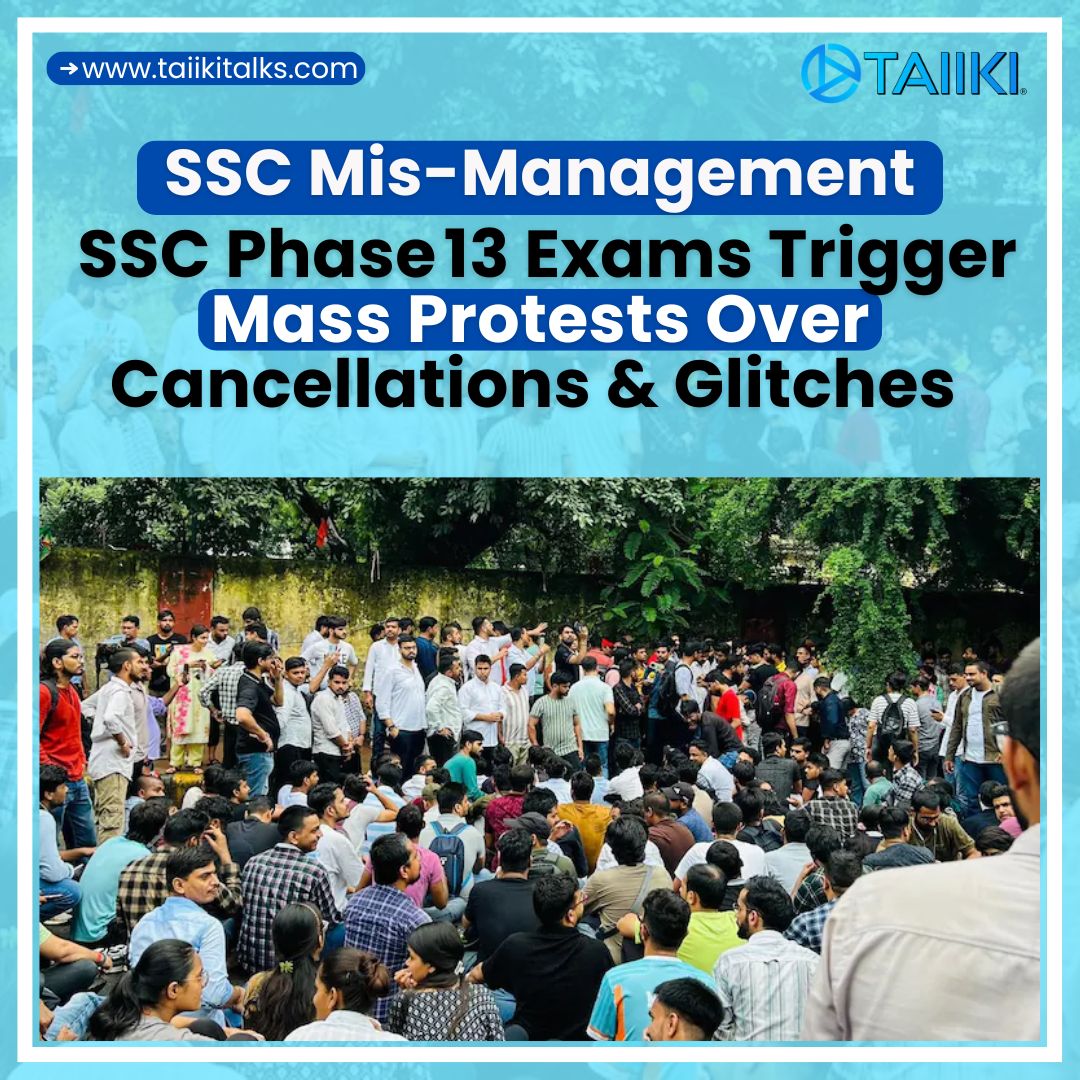




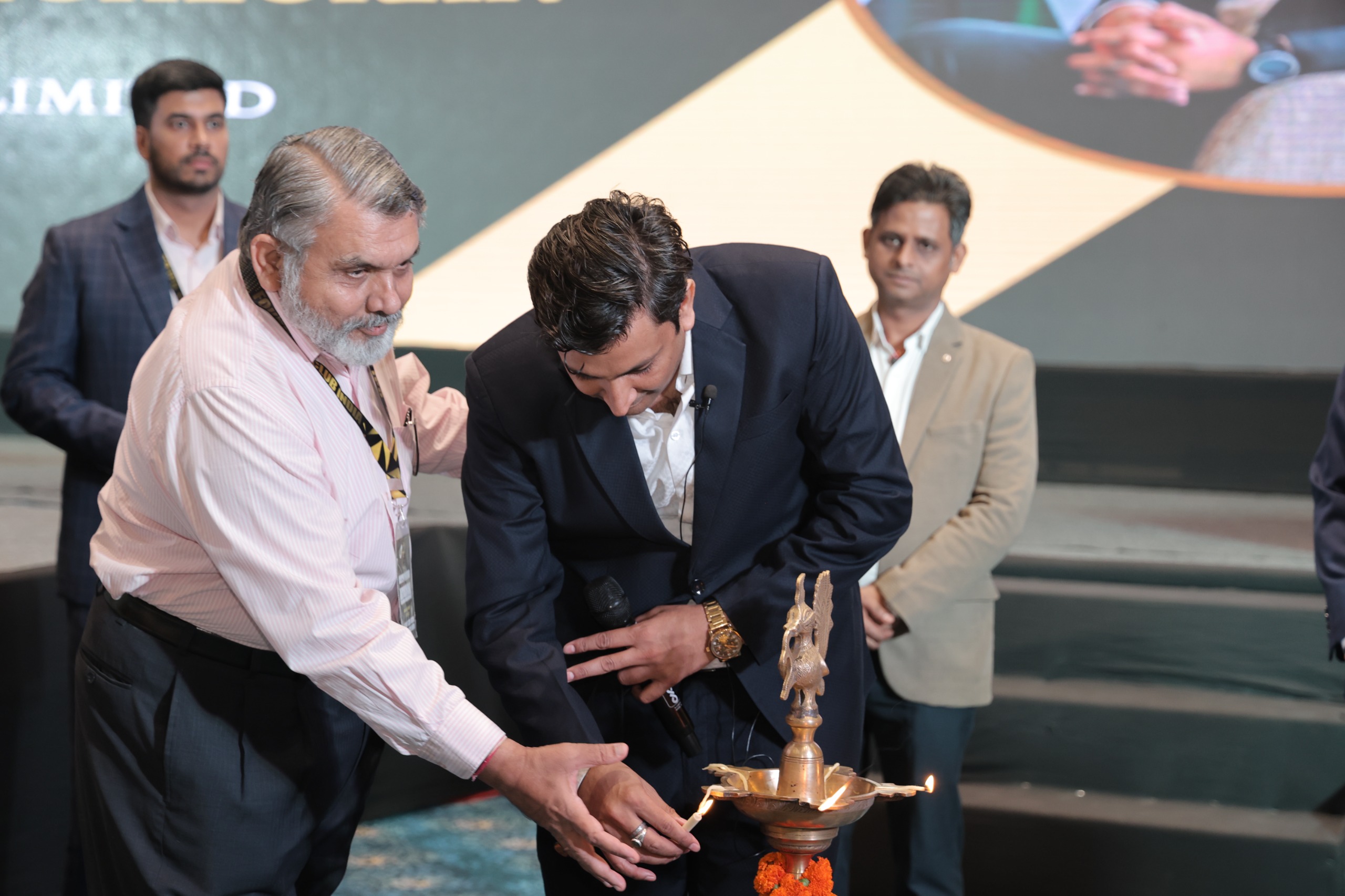
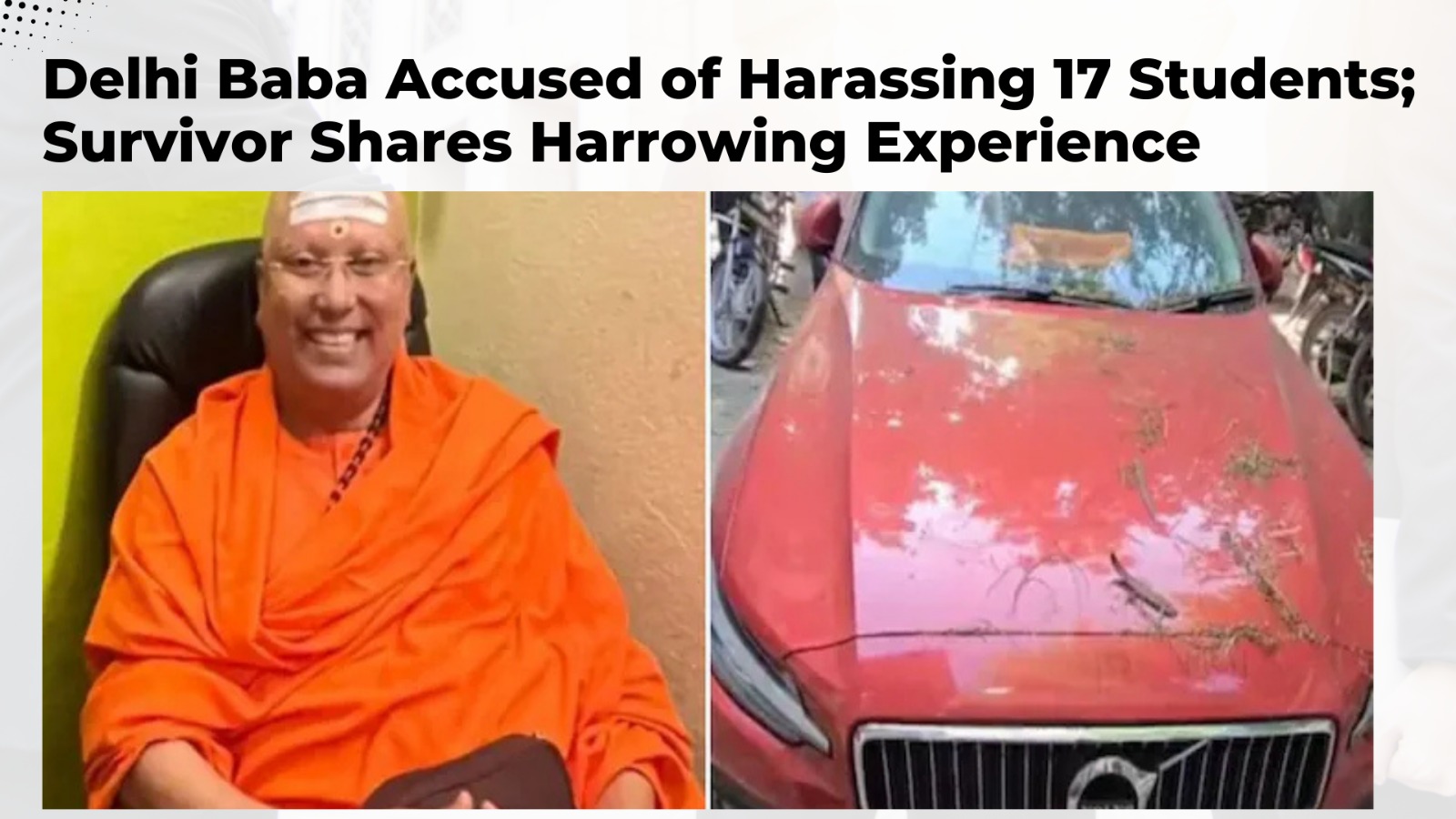
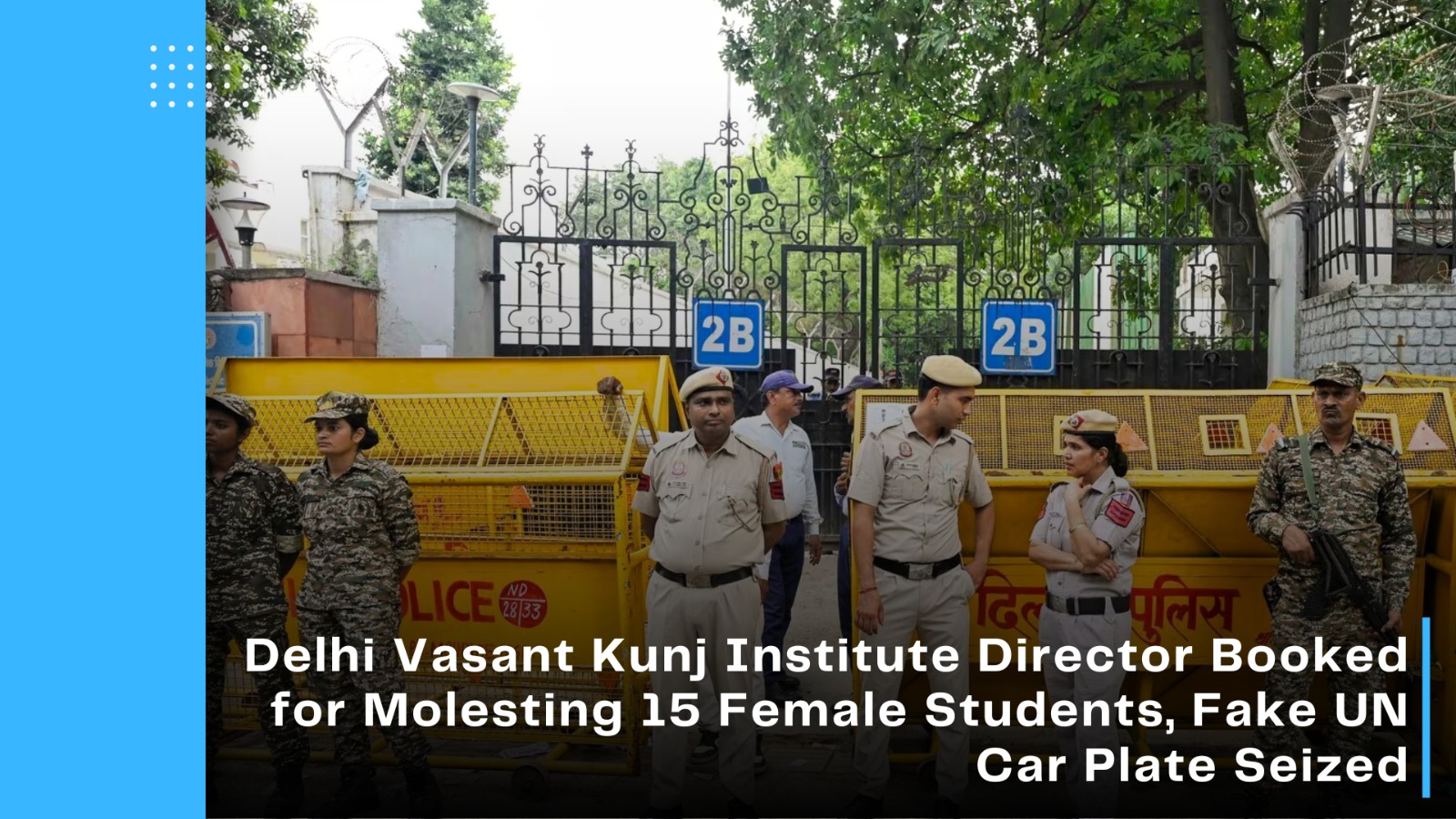
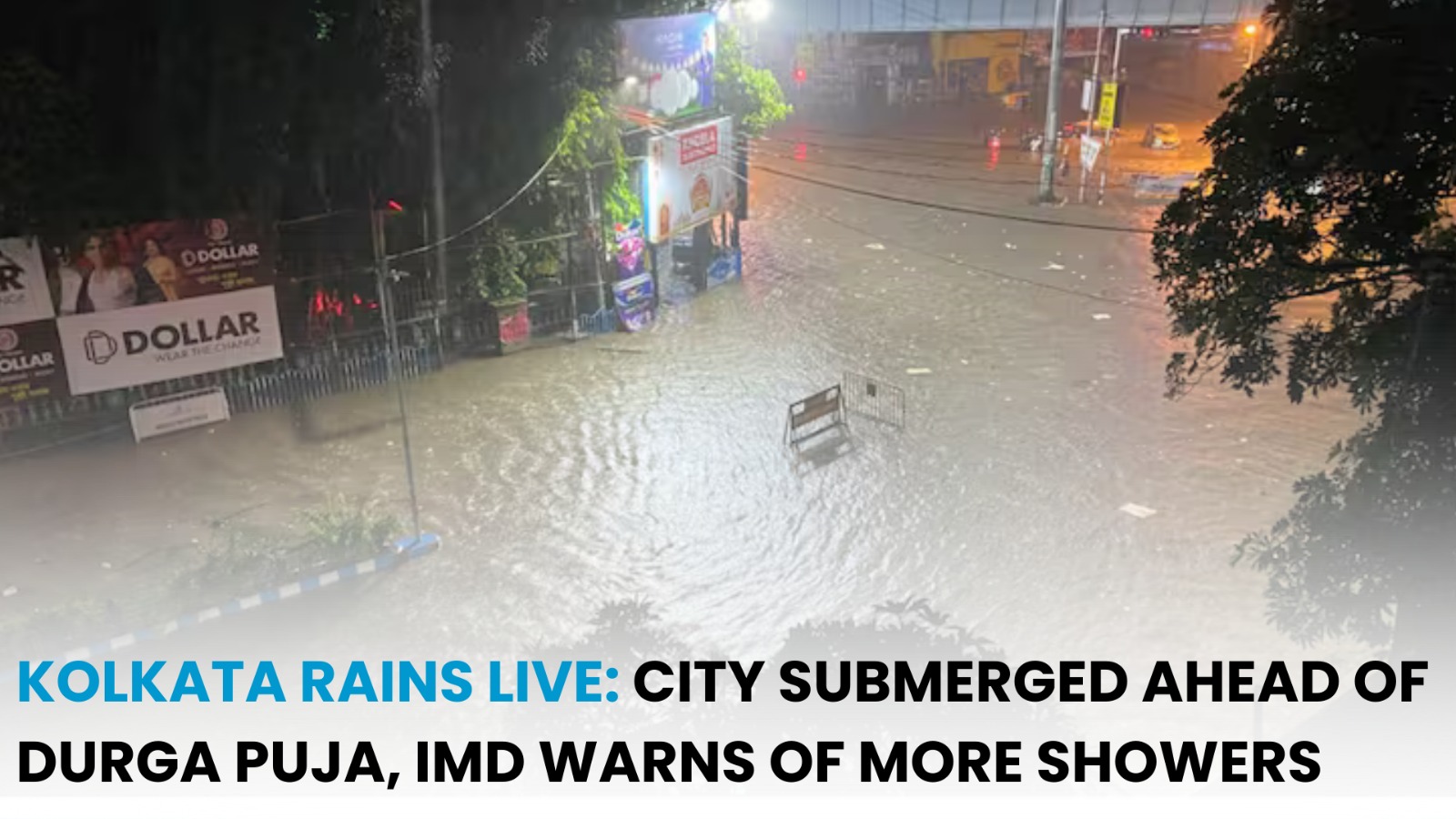







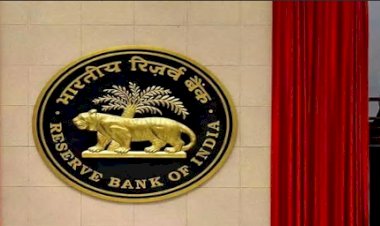
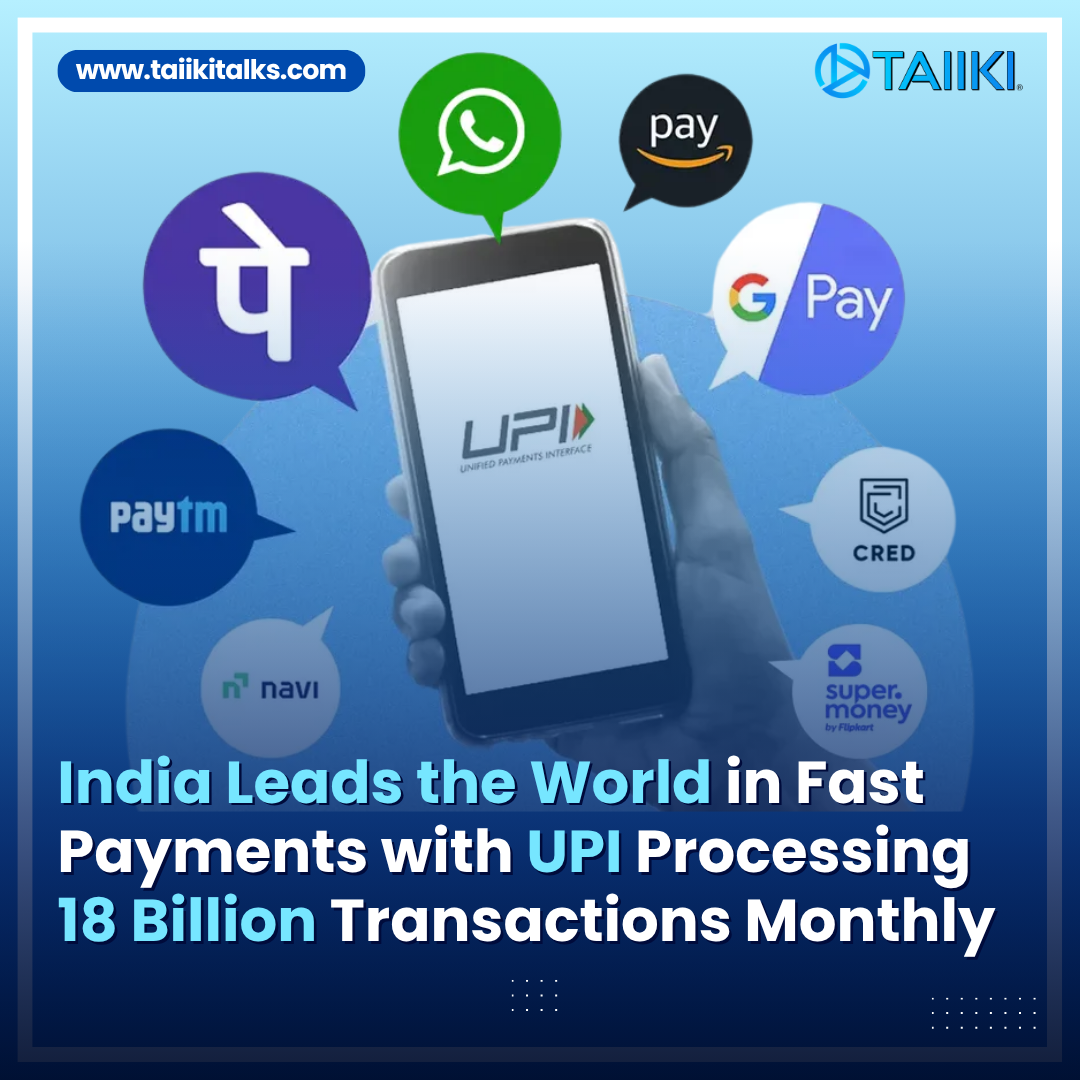


Comments (0)